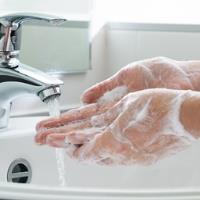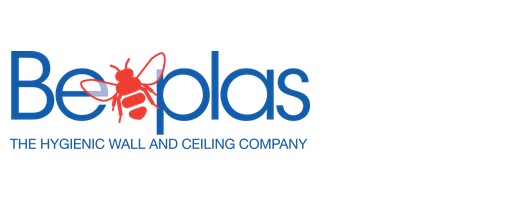 Add My Company
Add My Company
Sign In

“The very first requirement in a hospital is that it should do the sick no harm.” - Florence Nightingale
When people are asked what they think is the greatest single invention in terms of human health, the one that has created the greatest reductions in mortality rates, most people will answer vaccines or antibiotics. Whilst it is true that these incredible advances have saved the lives of countless millions, they are by no means number one. The rather prosaic answer is, by orders of magnitude, plumbing. Specifically, the supply of uncontaminated fresh water coupled with the separate disposal of wastewater. That’s it. You go into the kitchen and turn your tap and there it is, every time (well, almost). We take it for granted nowadays, of course, it is a ‘hygiene factor’ of our society.
There’s even a Building Regulation that covers this area – Part G. Probably one of the least discussed regulations by specifiers because it is so obviously sensible. Plumbing works because it a passive form of protection, relying on simple gravity and gradients rather than sophistication. Once it is installed, we can keep flushing multiple times a day for decades.
On a related subject - Wash your hands. This is probably the most important activity people can do to safeguard themselves in the current pandemic, because touching contaminated surfaces is one of the fastest ways to catch the disease. Doctors have a word for this type of contamination - ‘fomites’.
According to Wikipedia, ‘a fomite is any inanimate object that, when contaminated with or exposed to infectious agents (such as pathogenic bacteria, viruses or fungi), can transfer disease to a new host. In the 21st century, the role of fomites in disease transfer is higher than ever in human history because of our indoor lifestyle. We have become an indoor species, spending up to 90% of our time inside buildings of one form or another.
As everyone has learned, we frequently touch our faces. Astonishingly, this can be up to 16 times per hour* and is usually done unconsciously. In other words, we do it a lot and we cannot stop ourselves. This is how we catch the common cold or occasionally, the flu. Unpleasant, but bearable for all but the most vulnerable who have to take extra care in their daily lives. But in an incredibly short space of time, we have all become vulnerable. If not to ourselves, then to our loved ones who are older, or have preconditions.
Cleaning regimes have become critical. Disinfecting has become a matter of life and death for some, no longer just in hospitals, but everywhere. Suddenly every surface we touch can be threatening. We cannot always rely on cleaning regimes because people are human and sometimes forget or miss things. We have all become painfully aware of the ease by which danger to our lives and the lives of others can be transmitted
We need protection that is ‘failsafe’. We need ways to passively control fomites in our buildings.
The astonishing thing is – they already exist. These are materials that are actively anti-microbial and halt the growth of not only bacteria, but organisms, protozoa, fungi and viruses. These materials use an antimicrobial additive that is incorporated into the entire product and is active for its entire lifetime. It is not a coating.
BePlas are a specialist manufacturer who produces anti-microbial wall and ceiling products that offer complete hygienic environments. These are extensively used in healthcare, education, food and drink manufacture to hospitality. Beplas was a leading supplier in the creation of the Nightingale Wards up and down the UK.
BePlas is creating products that will be passively protecting people in all kinds of environments, especially the most vulnerable, for decades to come. Quietly, consistently and most importantly, passively.
Imagine if we had a new building regulation that specifically covers the area of public health and wellbeing. One that encompasses all the things that we have suddenly come to hold dear.
Call it Part W for Wellbeing.
A fundamental way of controlling the spread of devastating diseases such as Covid-19.
It is obvious when you think about it. Rather like plumbing.
* https://pubmed.ncbi.nlm.nih.gov/18357546/
For more information on Passive Health Protection - a new building regulation required? talk to Be-Plas Hygienic Walls and Ceilings Ltd
Enquire Now
List your company on FindTheNeedle.

